Everyone Loves Drama: Changing Financial Norms With Edutainment
Everyone loves a little drama – especially when it’s not our own.
Television programs are a great source of dramatic entertainment. We anticipate a new season’s release, watch each show with delight, and discuss them at length with our family and friends. Bridgerton, a widely popular English-language drama on Netflix, sparked conversations about racism, classism, and gender-based violence. Lady Whistledown’s true identity and the Viscount’s hasty proposal to Edwina, for example, were much discussed among avid watchers.
Dramas do more than simply entertain. These stories shape our understanding of what is normal, possible, and socially acceptable, and can be powerful agents of change.
World Bank research shows that authentic, relatable characters in television programs and social media campaigns can become role models and inspire audiences to think and behave differently, particularly when the stories are so compelling that we develop an emotional connection with the characters. The World Bank’s global research program on the use of entertainment media with development objectives is generating rigorous evidence on how this communication approach can influence attitudes and behaviors in various sectors, including HIV/AIDS, gender-based violence, girls' education, and financial literacy.
In focus group discussions in Kenya, unbanked women said that they find television programs a useful way to learn about banking because the shows can portray the complexity of real situations without making a “hard sell” for one particular provider or product. Viewers have also cited television as their most useful source of information on money management. The table below highlights several examples.
Dramas do more than simply entertain. These stories shape our understanding of what is normal, possible, and socially acceptable, and can be powerful agents of change.
One of these is Makutano Junction. Over 13 seasons, this edutainment television drama wove stories from a rural Kenyan town with key messages on maternal and child health, financial services, and climate-smart agriculture, reaching six million regular viewers. In its 12th season, a bank branch manager in the show launched a women’s savings campaign called ‘Nawiri Dada’ (‘Sisters Achieve'). The story integrated mass media with local promotion through Equity Bank, Kenya Women Finance Trust (KWFT), and Family Bank, with several episodes emphasizing the importance of saving, money management, and the safe use of mobile money and ATM cards.
And the result? 138,000 low-income female viewers opened accounts at Equity Bank, KWFT, and Family Bank.
According to Veronica Karoki, Marketing Manager at KWFT during this collaboration, their partnership with Mediae was motivated by their desire to “educate current and potential clients on their capacity to save, as well as the benefits of adopting a saving culture for both poverty eradication and wealth building.” And they were happy with the results. The savings drive on Makutano Junction increased savings deposits from their existing credit-only customers, as well as from new customers in both their target market and new higher-income customer segments and SME corporates.
And it doesn’t take a series like Makutano Junction to start people talking. Even one episode can spark powerful conversations. Shamba Shape Up, a farm-fix-up reality television show in Kenya, featured a short drama called “Wise Woman.” It explored climate shocks, index insurance, household decision-making, and intimate partner violence through the experience of two couples. After watching the show, transcripts from viewers in debrief sessions show active discussions about the importance of joint decision-making and the costs of domestic violence, which is widely accepted in the study context.
The International Livestock Research Institute (ILRI) and Shujaaz are leveraging social media to inspire young Tanzanian women to start a chicken business, countering the social norms that discourage them from engaging in business and the negative consequences to their livelihoods and households that follow. In-person events complement this social media campaign, reinforcing its key messages through street theatre, role plays, and community conversations. All three approaches have shown the potential to spark constructive discussions on the harmful impact of gender-based discrimination.
What next?
Building on the success of Makutano Junction, its producers are launching a contemporary reboot of the television program in the region called Makutano Mamas, with initial support from the Gates Foundation and CGAP. Based on extensive research in Kenya, the Mediae team updated the profiles and challenges of its central characters and developed a storyline touching on women’s health, household decision-making, and financial services, particularly membership in the Savings and Credit Cooperatives (SACCOs) prevalent in rural areas.
In Kenya, women manage 40% of small-scale farms and provide the vast majority of farm labor, yet only borrow 10% of available credit and own 1% of agricultural land.
This program and its expected reach of several million viewers offers a unique chance to highlight the pillars of good governance in SACCOs and vividly dramatize what happens to the show’s characters when things go right – and when things go wrong. What concerns are there about becoming a member? How much and how often do members need to save before borrowing? What is the role of the SACCO chair, treasurer, and bookkeeper? And what do members do when they think their governing rules have been broken?
Our hypothesis is that edutainment programs can increase viewers’ understanding of how SACCOs work and the important roles of their leadership, particularly among women.
For CGAP and the World Bank Food and Agriculture Global Practice (Ag GP), Makutano Mamas can play an important role in the capacity-building work in our collaboration in Kenya called BRIDGES, or Building Rural Income through Digital, Gender-Equitable SACCOs and farmer producer organizations (FPOs). Through BRIDGES, we’re working to strengthen, study, and scale rural cooperatives in Kenya by digitizing operations, building capacity, developing new financial products tailored to member needs, and encouraging participation in leadership, with particular emphasis on rural women.
Our hypothesis is that edutainment programs can increase viewers’ understanding of how SACCOs work and the important roles of their leadership, particularly among women. Shows can also start conversations about sensitive topics and prompt viewers to see them in a new way, living vicariously through their beloved characters. The storyline on SACCOs in Makutano Mamas will help reinforce key messages on good governance and leadership roles, and then we’ll conduct surveys of viewers and non-viewers to detect any changes in their attitudes and behaviors.
Just as Makutano Junction influenced low-income female viewers to open accounts at commercial banks and their approach to saving, CGAP and the Ag GP aim to strengthen the web of rural SACCOs that link to these banks through Makutano Mamas. We’re further motivated by the new World Bank Group Gender Strategy which commits the World Bank to the financial inclusion of millions more women by 2030.
Join us! Have additional examples and research on how edutainment can improve financial lives? Reach out to CGAP and play a role in our financial drama!


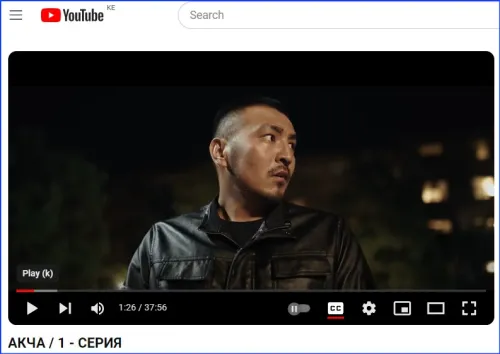
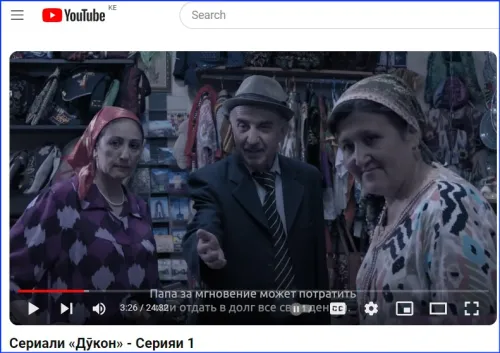
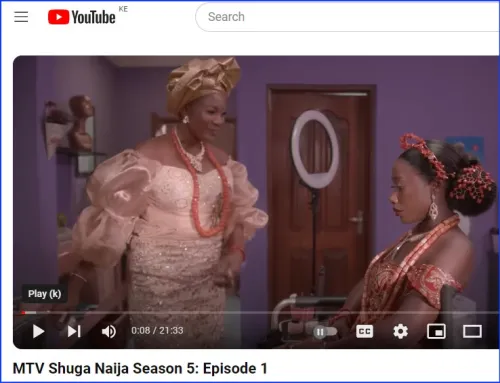

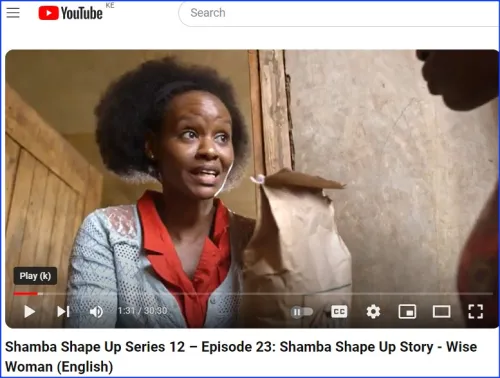
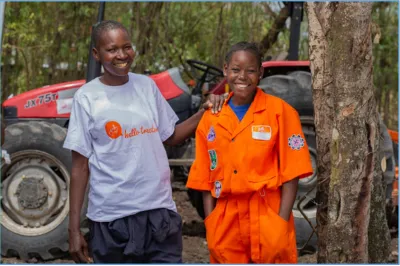

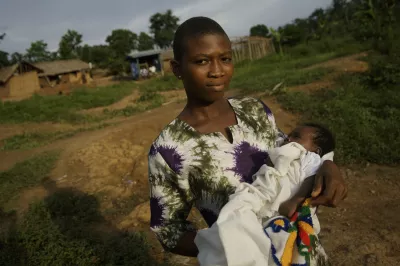
Add new comment